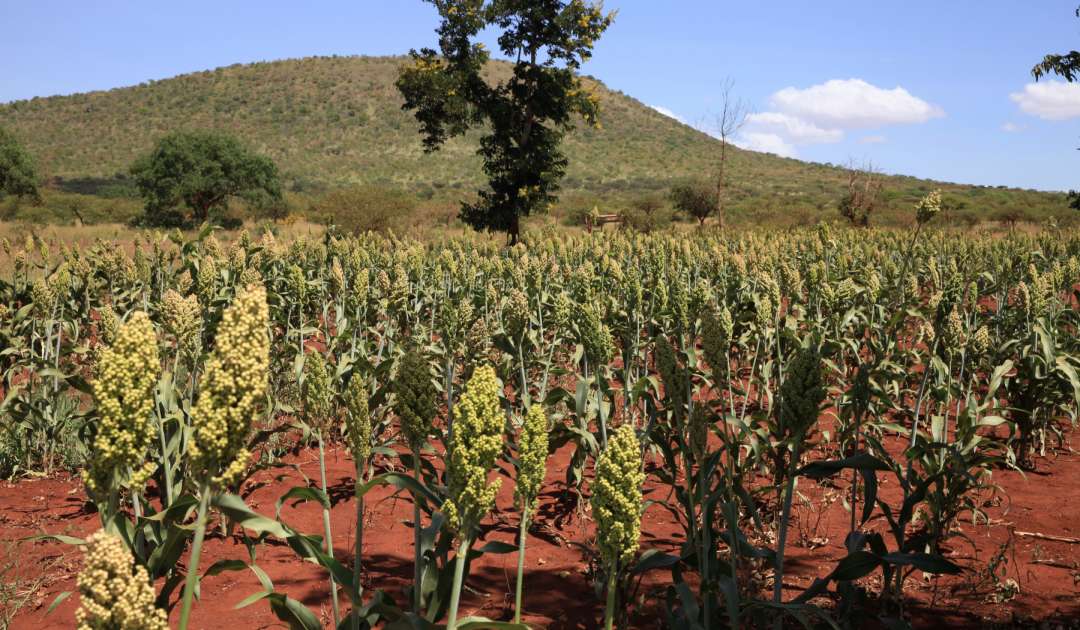
In Africa, the rapid urbanization is leading to a dramatic increase of the demand for nature’s contributions to people (NCP). Understanding the demand of NCP and how this is distributed among stakeholders has been acknowledged as essential for the effective assessment and management of NCP; however, NCP demand remains largely underexplored in scientific literature, particularly in African mountains.
Objectives
In this subproject SP3, we aim to unravel the demand for and elicit the diverse values of regulating, material and non-material NCP expressed by the main stakeholder groups at Kilimanjaro. In addition, we will determine to what extent the demand and values for regulating, material and non-material NCP are shaped by the preservation of indigenous and local knowledge (ILK) held by Chagga people and coffee farmers. SP3 is organized in three work packages (WP). In WP1, we will gain deep understanding of the demand for and values of NCP by conducting qualitative methods (i.e. semi-structured interviews and photo-voice). In WP2, we will assess the demand for NCP and elicit the NCP values through surveys. In WP3, we will determine to what extent demand for and values of NCP are shaped by ILK hold by Chagga people and coffee farmers, who presumably hold local knowledge.
Outcomes
The outcomes of SP3 will contribute to (1) understand the demographical, social and cultural factors that determine the demand for material, non-material and regulating NCP; (2) unravel intrinsic, instrumental and relational values endorsed by multiple stakeholder groups to regulating, material and non-material NCP; (3) assess the methodological tools to value NCP in non-monetary terms; and (4) will provide evidence on how ILK can be incorporated in the assessment of NCP demand and valuation.
Collaborations
SP3 will work very closely with the other subprojects. First, we will collaborate with SP1 and 2 to identify the NCP for which supply (SP1 & 2) and demand (SP3) are quantified. Second, the knowledge gained in SP3 on how different stakeholders demand NCP will support understanding of how NCP contribute to their well-being (SP4). In addition, SP3 and SP4 are complementary in the valuation of NCP: while SP3 will elicit NCP values in non-monetary terms, SP4 will elicit monetary values. Collaboration between SP3 and SP5 will contribute to unravel which institutional factors determine the demand and values of material, non-material and regulating NCP. Finally, the indicators created through the surveys to assess the demand and values of NCP will be used in the models of SP7.
Team members
Prof. Dr. Berta Martín-López (Principal Investigator)
Prof. Dr. Katrin Rehdanz (Co-Principal Investigator)
Prof. Dr. Katrin Böhning-Gaese (Co-Principal Investigator)
Dr. Ugo Arbieu (Co-Principal Investigator)
Dr. Jennifer Kasanda Sesabo (Counterpart)
Milena Gross (PhD student)
John Sanya Julius (PhD student)
(for more information see People page)